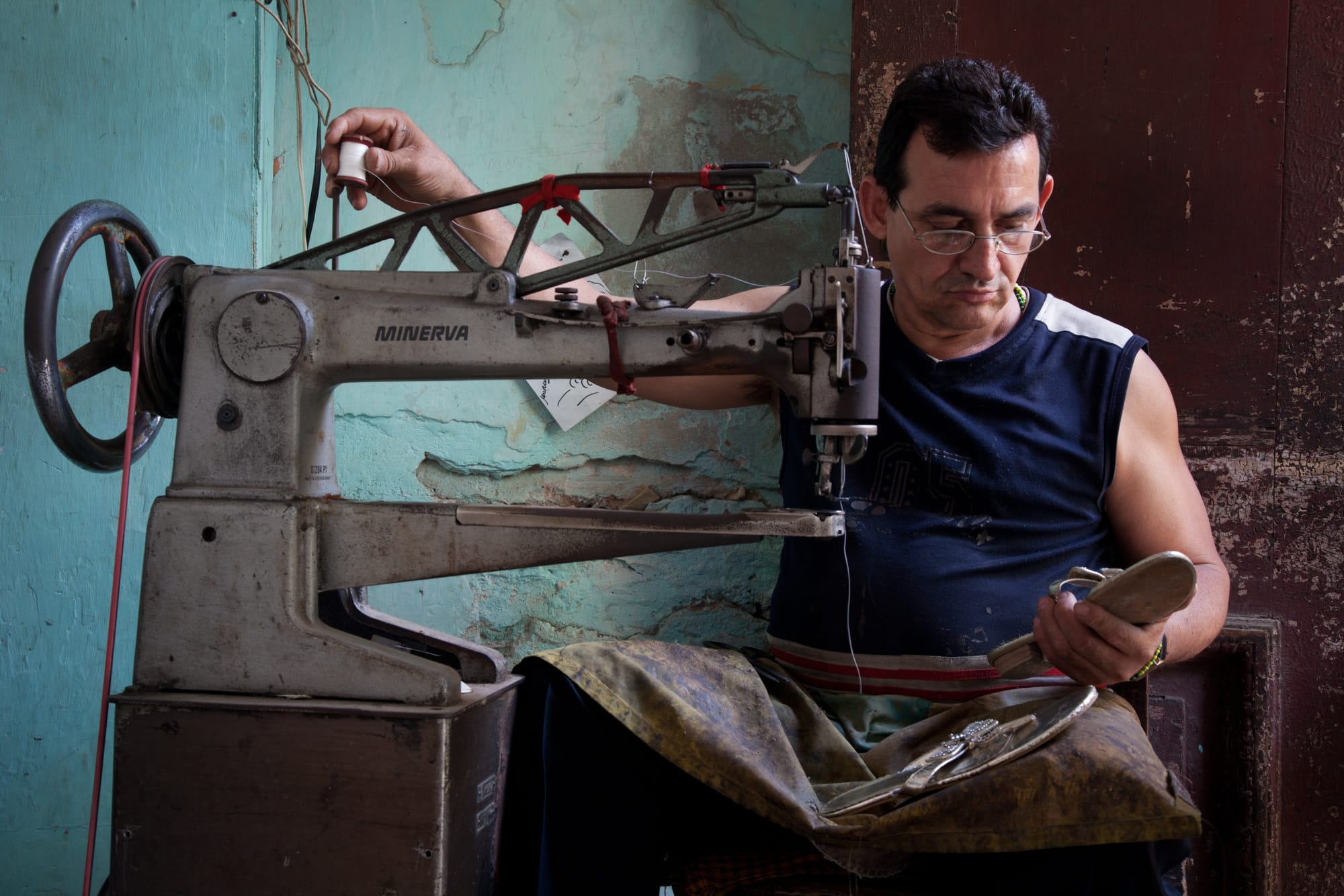
Five months after Cuba implemented a new economic reform called “The Ordering Task,” the financial situation of Cuba’s cuentapropistas, or self-employed workers, is more dire than ever before. Furthermore, Cubans suffer longer lines at markets to buy food due to shortages, and prices are rising for all goods. “The Ordering Task” was meant to restructure the country’s dysfunctional and state-centered economy, but failed to consider the needs of everyday Cubans.
In 1994, Cuba introduced the Convertible Cuban Peso (CUC), which is equivalent to a dollar. This was done to allow trade in USD because the economy was ravaged by the Soviet Union’s collapse. This initiated a dual currency system aimed at bolstering the weak economy. However, part of “The Ordering Task” officially ended Cuba’s dual currency system in January 2021 and will remove the CUC from circulation, reverting Cuba to a single currency again and implementing an exchange rate of 24 CUP to $1 U.S. dollar.
This change has directly affected cuentapropistas, particularly those who work in the tourism sector and are primarily paid in CUC. These cuentapropistas are losing a significant amount of money when required to trade their CUCs for CUPs. “The Ordering Task” also eliminated subsidies for all Cubans and raised the prices of basic goods and services, generating inflation. Cuentapropistas are the only group not allowed to raise prices and are threatened with fines or jail if they do so. That’s not the only thing they are not allowed to do, they can’t trade with the world, “The control of exports and imported goods of cuentapropistas remains in the hands of the State.[…].These reforms are just a camouflage of the regime, which continues to be totalitarian” said a cuentapropista to the independent newspaper Diario de Cuba. Their businesses are of risk of failing due to the restrictions put in place because of these reforms.
Though “The Ordering Task” expanded the list of jobs that Cubans can do independent of the state, it also imposed a restriction on 124 jobs in the private sector, such as journalism, that cuentapropistas cannot do. The government said the restrictions are necessary steps in terms of expanding employment opportunities for state enterprises and also to give a timely and positive response to the removal of the CUC, but this will only reinforce the monopoly of state-owned companies. Meanwhile, those who benefit from this are the Cuban military and the Communist Party, as they are in control of these state-owned companies.
In Cuba, where freedom of expression and an independent press have been repressed, cuentapropistas are seen as a threat since they work independently from the state and are often called “parasites” by the government. “The Ordering Task” was followed with an increase in seizures, searches by police, and inspections from other state agencies against the private sector of the economy. In other words, this economic reform disproportionally affects cuentapropistas specifically.
Cuentapropistas have expressed their extreme frustration these past months. These economic reforms come at the expense of their last remaining freedoms in Cuba. For that reason, the Cuban government must find a viable economic solution that guarantees free market enterprise and remove restrictions on Cuba’s fast-growing self-employment labor force. In order to prevent the extinction of cuentapropistas, the international community should pressure the regime to respect Cuban rights, and for cuentapropistas to build their own initiatives to create and grow their small businesses away from the failed state-managed economy.
Top